You are here
- Home
- Research
Research
Our researchers generate new knowledge on – and explore the dynamics between – the following themes.
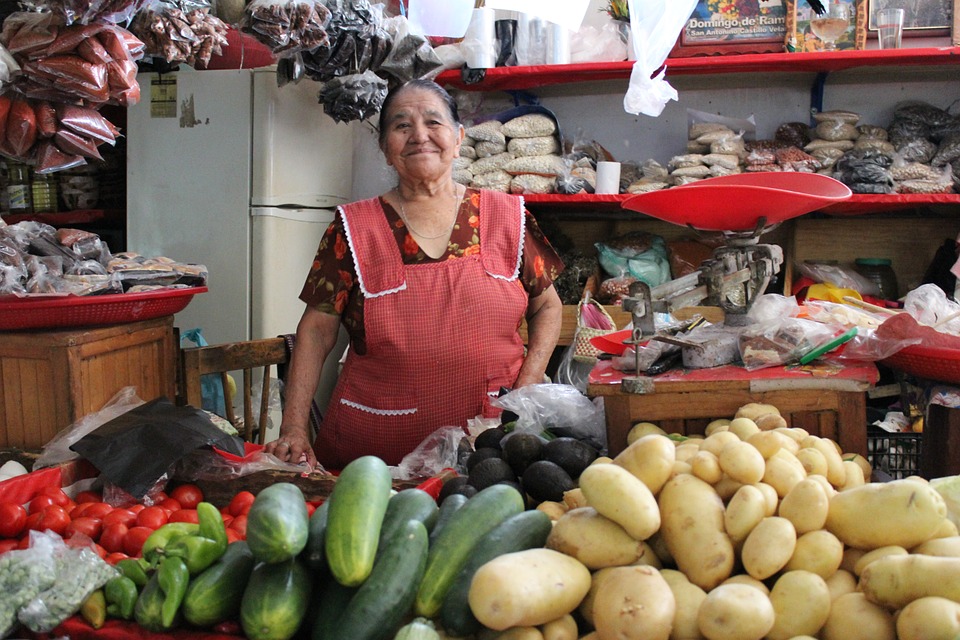
Gender and Social Policy
This OU research theme explores gender and feminist approaches to investigate socio-economic dynamics.
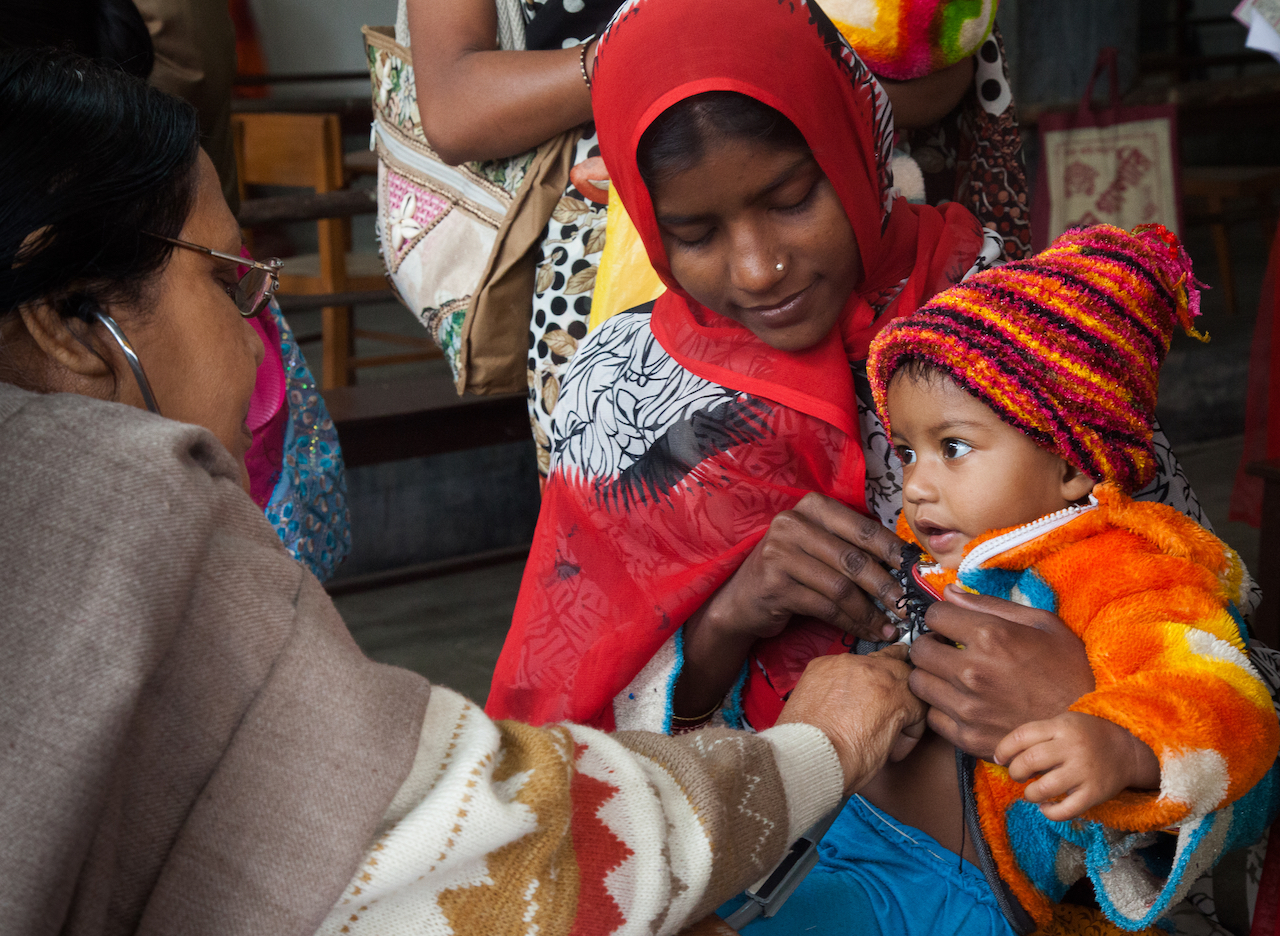
Health, Innovation and Equity
Innovation in industry and health systems profoundly affects access to care. We aim to bridge the gap between industrial innovation and research on health access and equity.

Infrastructures for Inclusion
Infrastructure demands are key to inclusive development. So how do we make sure no-one is excluded?
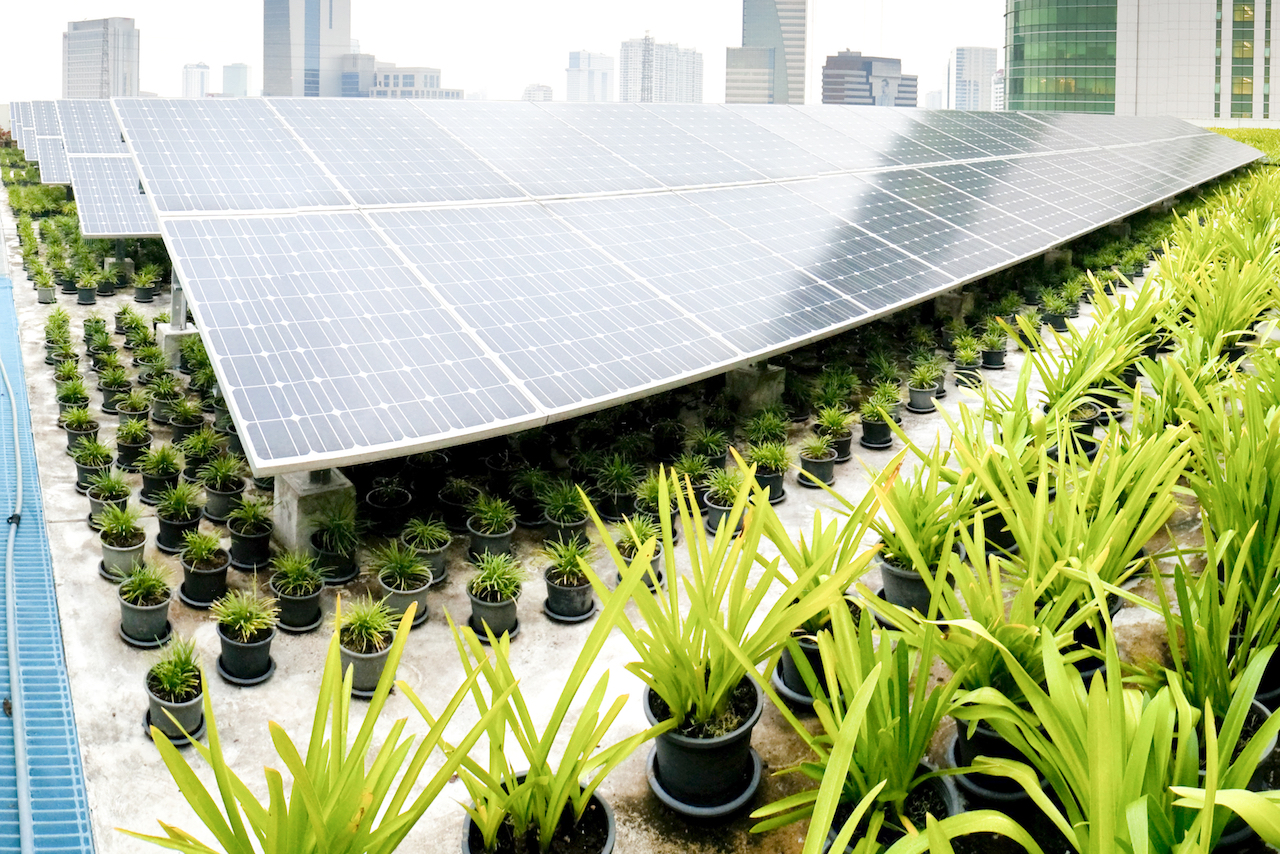
Environment +
Transition to a low-carbon economy is mainly envisaged through technology. However, choosing a solution is not a simple matter of finding the 'best' technologies.
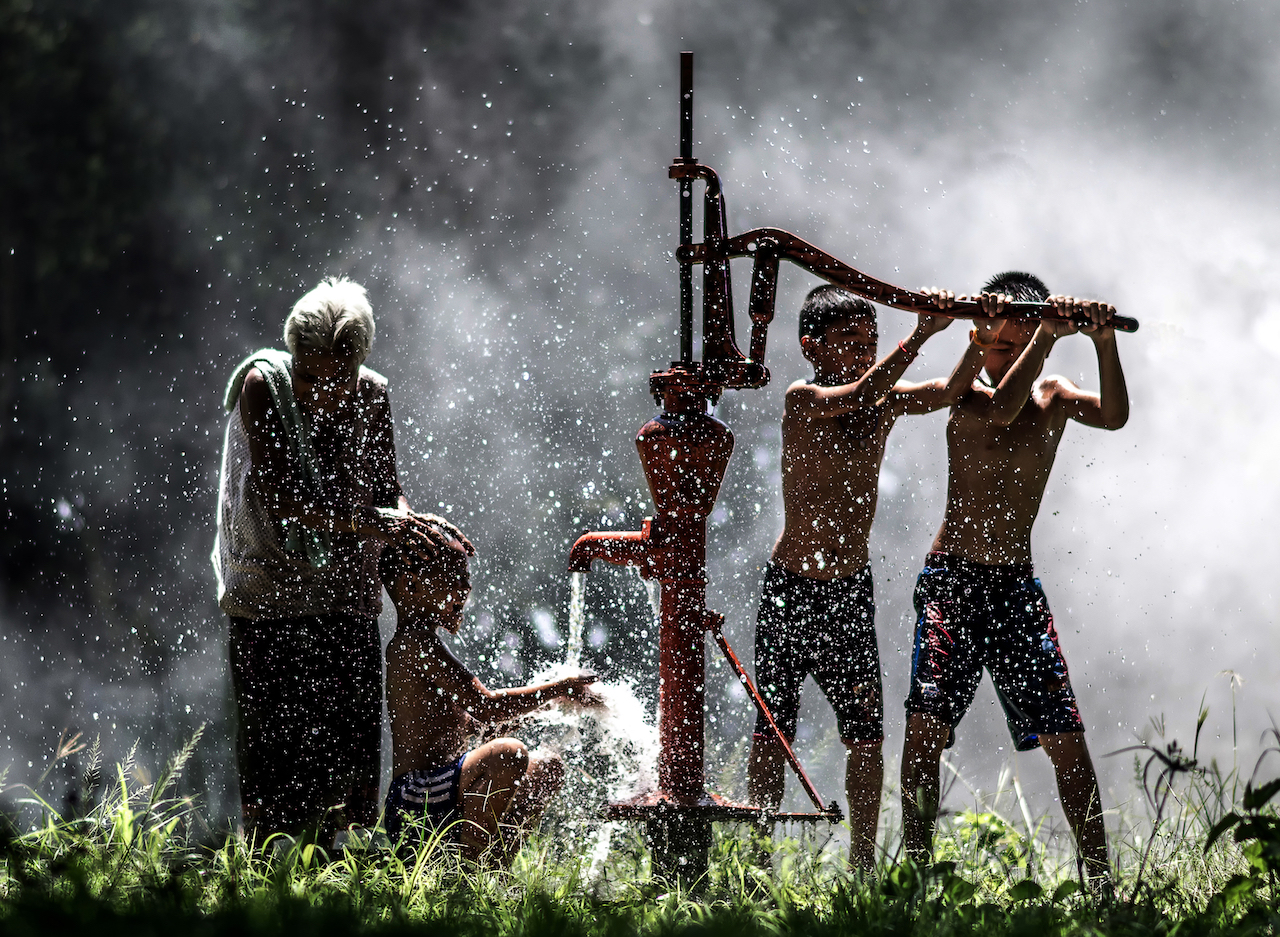
Theorising Capabilities and Innovation
Human well-being is about more than income. It's about opportunities, what people can be and do – and how innovation affects this.

Finance, Innovation and Equity
Innovation is the fundamental engine of growth, employment and quality of life. How can we ensure its advantages are more evenly distributed?
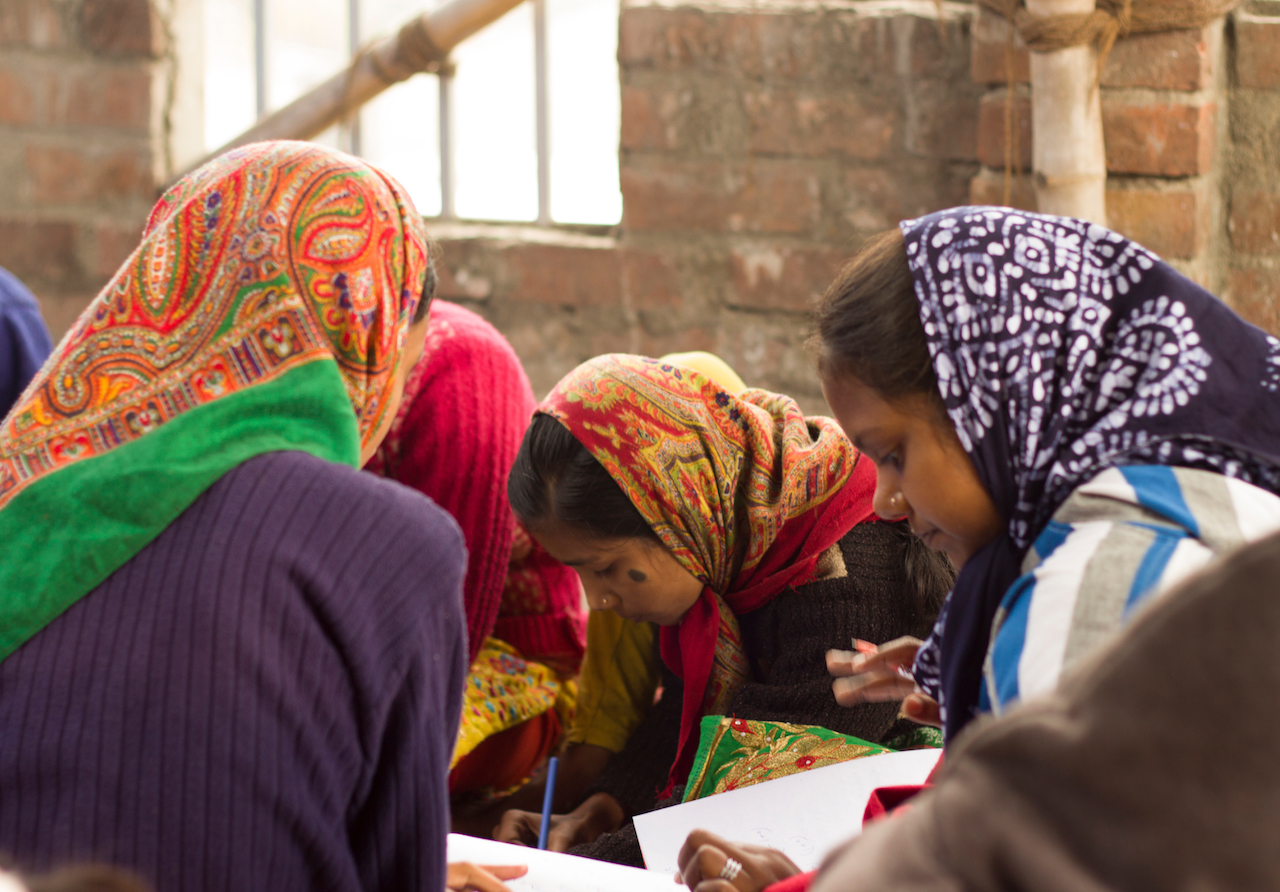
Education for Inclusive Development
Transforming education is vital to meet the UN's Sustainable Development Goals. We are investigating innovations to increase participation in learning.
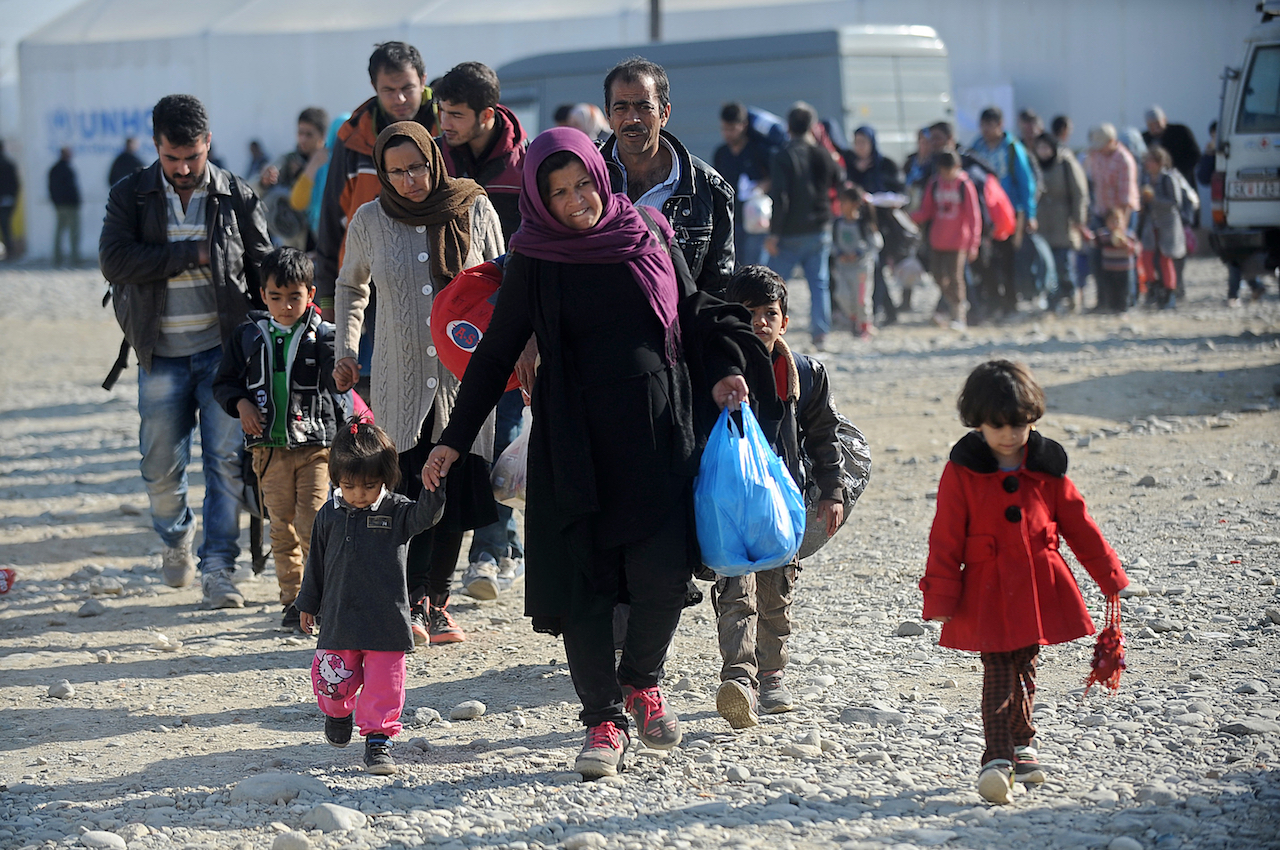
Migration and Forced Displacement
Migration and forced displacement are among today's most pressing global challenges. Our research focuses on mobility, skills and development, integration and citizenship.
Contact us
To find out more about our work, or to discuss a potential project, please contact:
International Development Research Office
Faculty of Arts and Social Sciences
The Open University
Walton Hall
Milton Keynes
MK7 6AA
United Kingdom
T: +44 (0)1908 858502
E: international-development-research@open.ac.uk
.jpg)